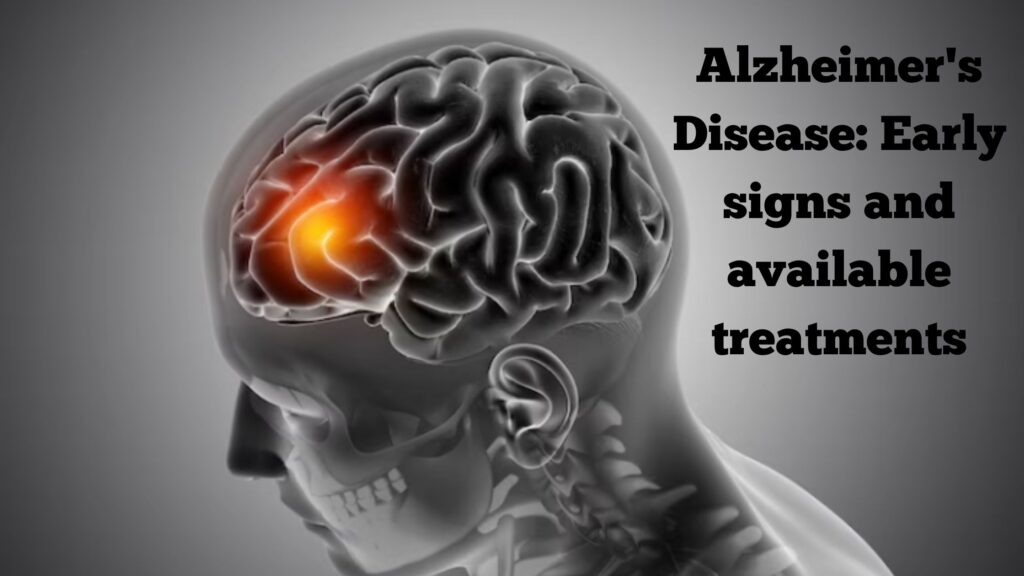Alzheimer’s disease is a neurodegenerative disorder that affects millions of people worldwide. It is the most common cause of dementia, accounting for 60-80% of all cases. The disease is characterized by a progressive decline in cognitive function, which ultimately leads to significant impairment in daily activities.
Early Signs of Alzheimer’s Disease:
The early signs of Alzheimer’s disease are often subtle and can be difficult to distinguish from normal age-related changes. However, recognizing these signs early on can help people seek treatment and manage their symptoms effectively.
Memory Loss:
The most common symptom of Alzheimer’s disease is memory loss. Individuals may have difficulty remembering recent events, names, or conversations. They may also repeat themselves frequently or rely on memory aids to help them remember.
Difficulty with Tasks:
Individuals with Alzheimer’s disease may have trouble completing familiar tasks, such as cooking or getting dressed. They may also have difficulty following instructions or finding their way to familiar locations.
Communication Problems:
People with Alzheimer’s disease may have trouble finding the right words or following a conversation. They may also struggle to express their thoughts or understand what others are saying to them.
Changes in Mood or Personality:
Individuals with Alzheimer’s disease may experience changes in their mood or personality. They may become irritable, anxious, or depressed, or lose interest in activities they previously enjoyed.
Available Treatments for Alzheimer’s Disease:
While there is no cure for Alzheimer’s disease, several treatments are available to help manage symptoms and improve quality of life. These treatments fall into two categories: pharmacological and non-pharmacological.
Pharmacological Treatments:
Medications can help manage some of the cognitive and behavioral symptoms of Alzheimer’s disease. The most commonly prescribed medications are cholinesterase inhibitors and memantine.
Cholinesterase Inhibitors:
These medications increase the levels of a neurotransmitter called acetylcholine in the brain. This can help improve cognitive function and manage some of the behavioral symptoms of Alzheimer’s disease. Examples of cholinesterase inhibitors include donepezil, rivastigmine, and galantamine.
Memantine:
This medication is an NMDA receptor antagonist that helps regulate the activity of glutamate, a neurotransmitter that is involved in learning and memory. Memantine can help improve cognitive function and manage some of the behavioral symptoms of Alzheimer’s disease.
Physical Exercise:
Regular physical exercise can help improve cognitive function and reduce the risk of developing Alzheimer’s disease.
Conclusion:
Alzheimer’s disease is a devastating condition that affects millions of people worldwide. Recognizing the early signs of the disease is important for early intervention and effective management of symptoms. While there is no cure for Alzheimer’s disease, several treatments are available to help manage symptoms and improve quality of life. It is important to consult with a healthcare professional to determine the best treatment options for individuals with Alzheimer’s disease.

